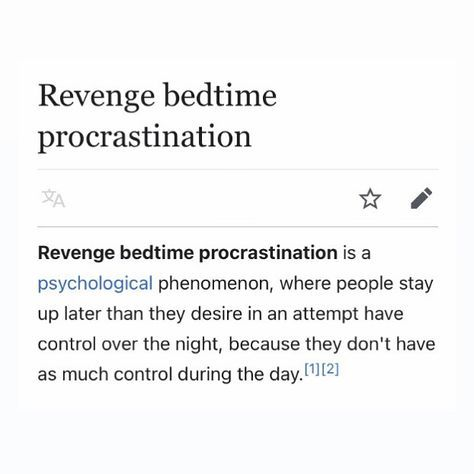By Colby Kultgen
100 Practical Ways to Live Better, Best Podcast Episode of 2025, and Revenge Bedtime Procrastination
Read online / Read time: 4 minutes
Today at a Glance:
• Best podcast episode of 2025
• 100 ways to live better
• A question to get out of autopilot
• The unbelievable power of proximity
• Revenge bedtime procrastination
|
I'm on vacation!
I'm writing this issue from a beach in Mexico (seriously).
And I'll be honest with you.
It was a bit of an internal tug-of-war for me this week.
On one hand, I wanted to fully unplug and enjoy the time off (I tend to veer into workaholic territory).
On the other hand, I believe most success is built on relentless consistency (I've published this newsletter for 183 weeks in a row).
So I made a compromise.
Today’s issue will be a bit more concise than usual—but still packed with value of course 😉.
Enjoy!
I’ve listened to 1,000+ podcast episodes in my life.
Only a handful have truly blown my mind.
Naval Ravikant on Joe Rogan in 2019 was one of them.
Last Monday, Naval had his first proper interview in 6 years (!).
Three hours of timeless wisdom.
Endless takeaways.
Don’t think.
Just watch it.
9 practical tips to make your life better
These come courtesy of one of my all-time favorite blog posts.
100 Ways to Live Better by Jacob Falkovich.
So many gems:
Find a medium of expression and express yourself publicly every day for three months. If you’re good with words, write 100 Tweets. An artist — post 100 sketches on Instagram. Music/dance person — 100 TikToks.
Unless one of them is your friend or boss, you should spend 100x less time thinking and talking about billionaires than you currently do.
Habits are reinforced by your habitual environment. That’s a big part of why retreats work: they take you away from your usual surroundings and people. If you want to start meditating, doing pushups, intermittent fasting, etc, try starting on a vacation where the new circumstances make it easier to integrate new habits.
The #1 measure of an exercise program should be “is this fun enough to keep me coming back to the gym?” I don’t care how “efficient” HIIT is, it’s for masochists.
Learn how caffeine and alcohol affect you. I know people whose quality of sleep improved dramatically once they stopped having coffee with friends after lunch; it turned out they are metabolizing coffee very slowly and it affected them 10 hours later.
Any <$100 purchase that may turn into a hobby is worth it even if the hit rate is low. Sports equipment, a musical instrument, art supplies, etc. If it doesn't catch on, gift it to a friend.
In any giant museum, your goal should be to spend 5+ minutes with 10 amazing works, not 5 seconds with 1,000. If it’s the Louvre, one of those should be Guérin’s “The Return of Marcus Sextus”.
At work, if someone wants to set up a meeting or call, don’t accept until they send a clear agenda or a list of questions/topics. If you need someone’s time, send a clear agenda and list ahead of time. Meetings should not be about deciding what the meeting should be about.
Put a reminder on your phone to call your grandma. Ask her to tell you about some of the dumbest shit she has done in her life.
Read the full list here.
A useful question to ask yourself
Heard this framing last week and loved it:
“If your life were a movie, what would the audience be screaming at the screen telling you to do right now?”
It’s a quick way to snap out of autopilot.
Just imagine there’s a documentary crew following you around.
Would you be proud of what they’re capturing?
There’s no shame in acting like the main character of your own story.
A study about productivity everyone should know about
This will blow your mind:
Sitting near a high performer can boost your own output by up to 15%.
Yep.
Research from Northwestern University found that performance is contagious. Sit next to a high performer and your productivity rises. Sit next to a low performer—and it tanks.
So how can we apply this?
• In the office: Choose to sit near top performers if possible—especially if you’re learning a new skill.
• In co-working spaces: Position yourself near people who look like they’re locked in. Focus spreads.
• Working remote: Recreate proximity. Join deep work sessions on Zoom. Co-work with friends.
But it doesn’t have to stop at work.
While the research was focused on office settings, the principle likely applies elsewhere:
• Want to improve your fitness? Train near the most disciplined person in the gym.
• Trying to be more present? Spend time with people who actually put their phones away.
• Building a creative habit? Surround yourself with people who ship consistently.
At all times, your environment is either pulling you forward or holding you back.
Choose proximity with care.
Just going to leave this here 👀
If you enjoyed this issue, please:
- Reply to this email telling me why
- Share it with someone else
Have a great week!
—Colby
